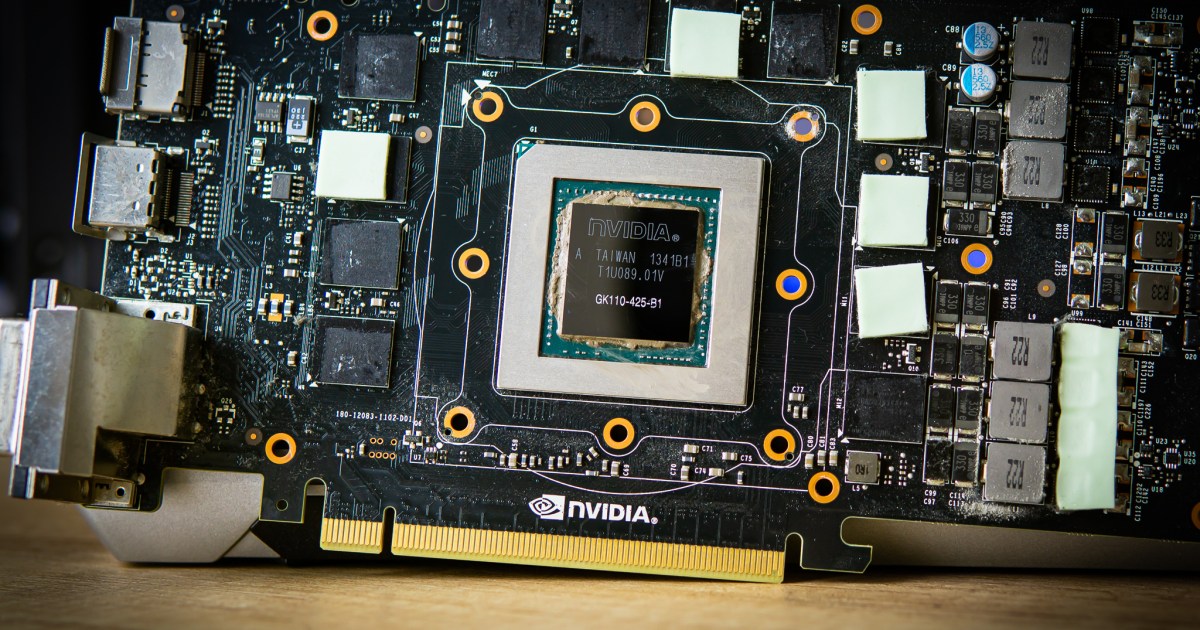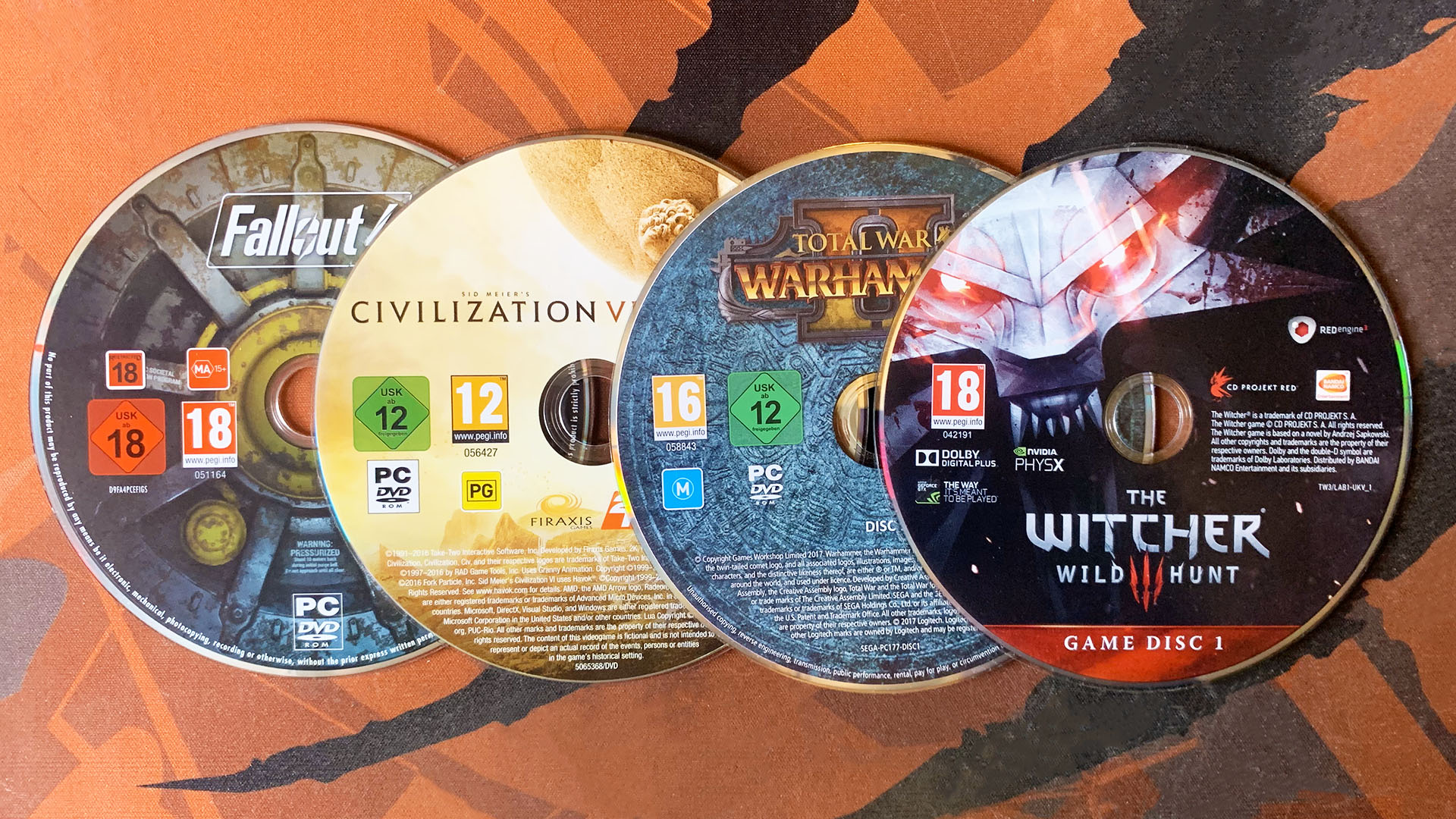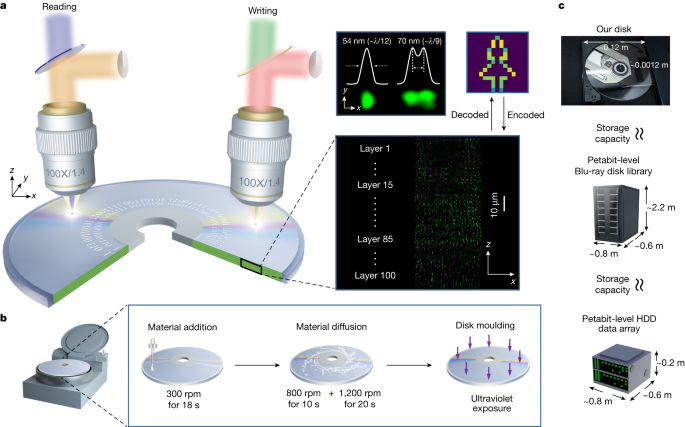IBM was also very interested, probably mostly in C/PM. They organised a meeting from the east coast flew to San Jose (even with a blank cheque signed by John Akers (CEO of IBM).
They turned up where the meeting was organised and the C/MP wasn't even there, the weather was great so he went ballooning! IBM tried again but I think this time he had gone surfing.
At this point IBM went back to Microsoft (always) number 2 anyway.
(How do I know? One of my personal friends carried the cheque each time.)



